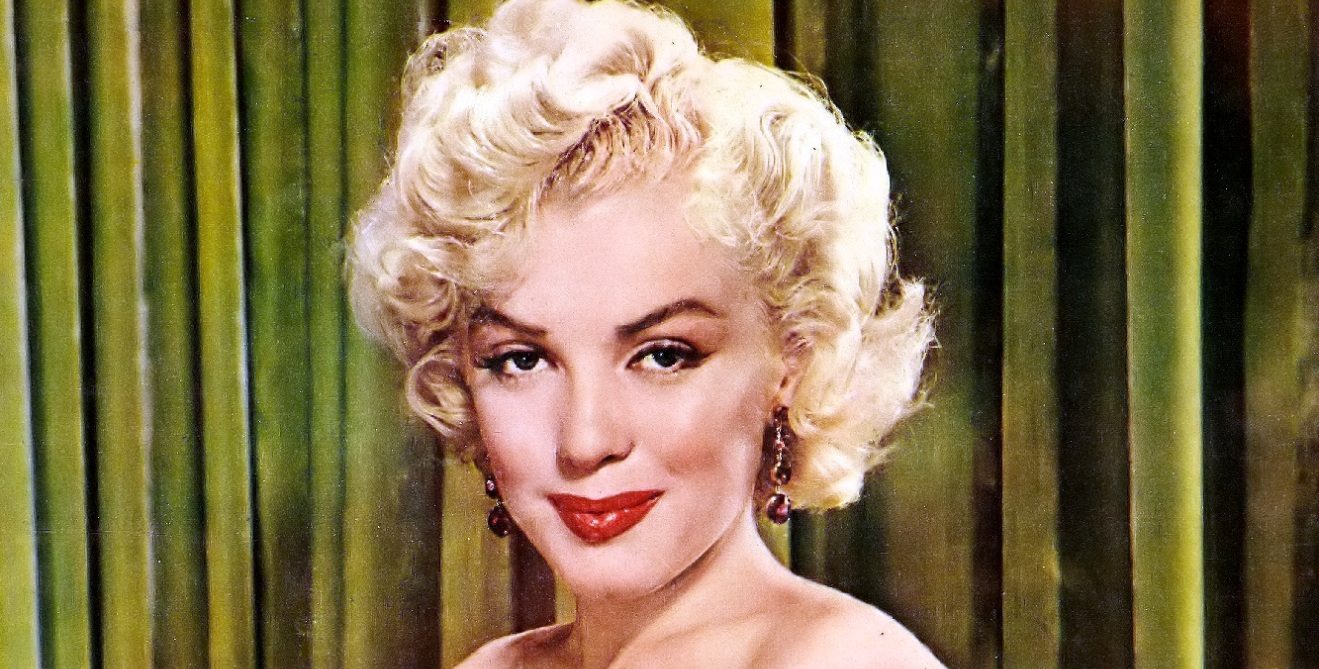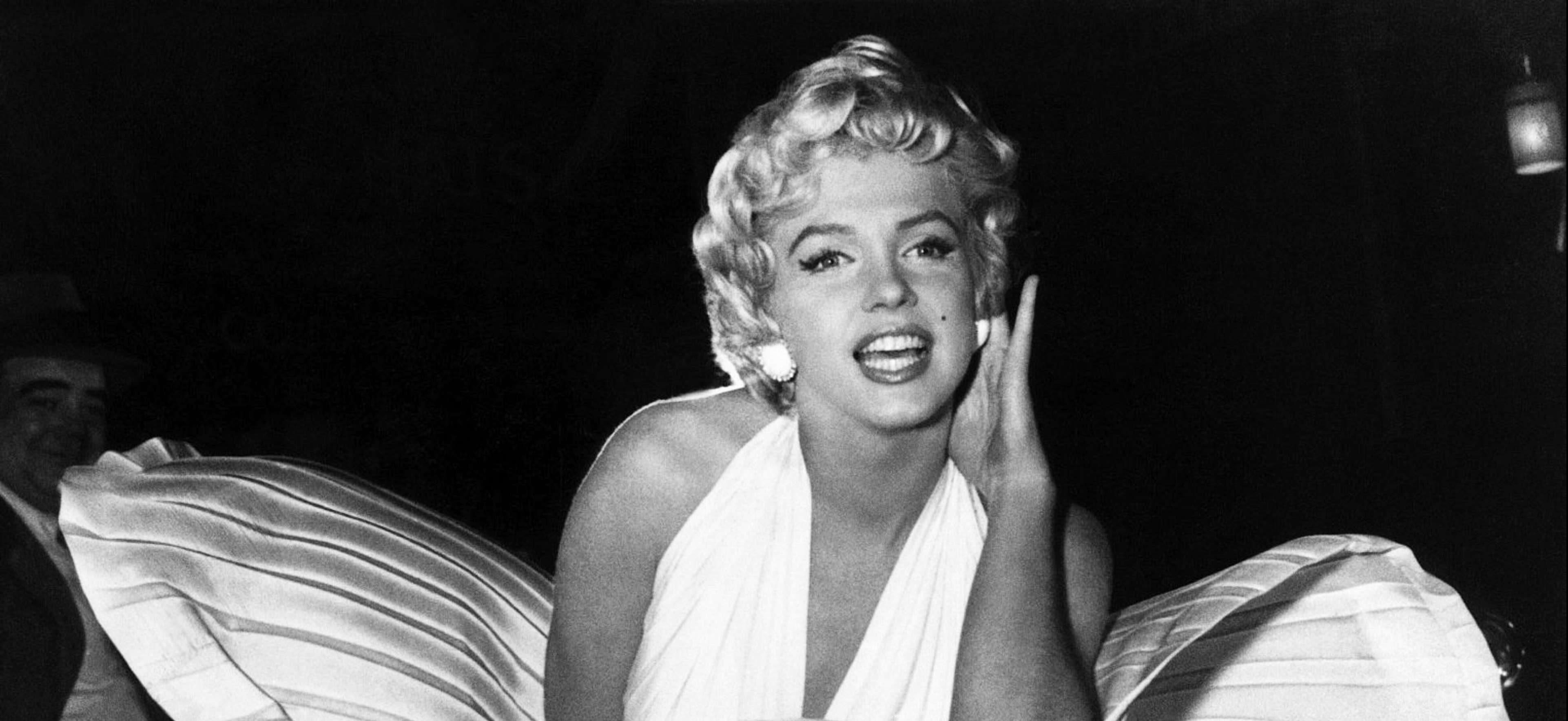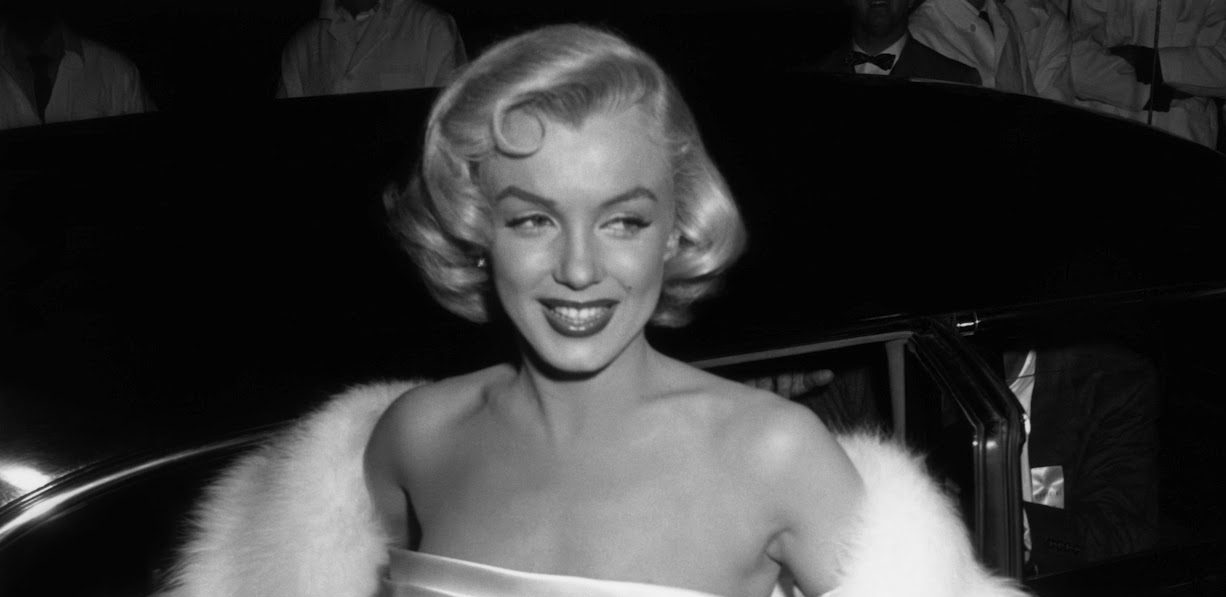Adapted from Joyce Carol Oates’ novel of the same name, Netflix’s ‘Blonde’ presents the story of Marilyn Monroe. While the overall structure of the film is based on the real events in Monroe’s life, it is an otherwise heavily fictionalized version that takes a lot of liberties with the actress’ story. A lot of details in the film have been condensed, while others have been outright fabricated for dramatization.
While Monroe met a number of tragedies in her life, the film takes it to a disturbing level that makes one wonder how bad things really were for her. Assault and abuse seem to be a consistent part of the story, and it makes the audience wonder how much of that is real and how much is fictional. Here’s what you need to know about it.
Marilyn Monroe Entered a Predatory Landscape of Hollywood
The Hollywood that Monroe entered as a young actress was a place rife with casting couches and studio heads who felt entitled to do whatever they wanted. Whether or not the situation has changed now is up for debate, but back then, it meant that it was very hard for actresses to escape such people. In an interview in 1960, Monroe said that sex was a part of the job. “If you didn’t go along, there were 25 girls who would,” she said. However, with time, Monroe learned to handle such situations, often walking out of them and later, she spoke out against such practices.

Around that time, Louis B. Mayer, the Co-Founder of Metro-Goldwyn-Mayer, was the equivalent of Harvey Weinstein. “Mayer believed he’d built his studio brick by brick, it was his town, and he was king, so therefore he deserved all the perks of the kingdom. That was the attitude of most studio heads,” said Cari Beauchamp, author of ‘Without Lying Down: Francis Marion and the Powerful Women of Early Hollywood.’ She stated that people like Harry Cohn at Columbia Pictures and Jack Warner at Warner Bros “were Abusive with a capital ‘A.'”
As per reports, at a screen test, Cohn invited Monroe to take a trip with him on his yacht. When she said that she’ll do it if his wife is also there, her contract was dropped. In her autobiography, ‘My Story, Monroe wrote: “I met them all. Phoniness and failure were all over them. Some were vicious and crooked. But they were as near to the movies as you could get. So you sat with them, listening to their lies and schemes. And you saw Hollywood with their eyes — an overcrowded brothel, a merry-go-round with beds for horses.”
In 1953, and by now well-versed in the ways of Hollywood, Monroe wrote a piece talking about the abusive environment that actresses, and even young actors sometimes, had to go through. Titled ‘Wolves I Have Known,’ the article was published by Motion Picture and Television Magazine in the January issue. It read: “There are many types of wolves. Some are sinister, others are just good-time Charlies trying to get something for nothing and others make a game of it.” In talking about the abuse she faced, Monroe called out the toxic practice openly.
Not only this, but Monroe also looked out for new actresses, often warning them to beware of a certain person whose intentions might not be so good. While she talked about the prevalent abuse and harassment in Hollywood, some of Monroe’s biographers claim that she wasn’t raped and didn’t allow the harassment that came her way to continue. Anthony Summers, who wrote ‘Goddess: The Secret Lives of Marilyn Monroe’ said: “In interviews with almost 700 people, I encountered nothing to suggest that any Hollywood producer raped Monroe.”

Michelle Morgan, the author of ‘The Girl: Marilyn Monroe, The Seven Year Itch, and the Birth of an Unlikely Feminist,’ also believes that Monroe “never fell for it” and “had walked out of various interviews and situations that she deemed inappropriate.” Even when she spoke out about the harassment she faced, Monroe was “very intelligent about that, to keep [the executive’s] name out of the article. But she certainly did speak about it.” This belief comes from the fact that the actress refused to be victimized, and her actions reflected that.
Monroe had reportedly been abused as a child, and she said: “I will not be punished for it or be whipped or be threatened or not be loved or sent to hell to burn.” Calling her a trailblazer, Morgan said that Monroe “contributed to the breakdown of the studio system by … demanding her rights and demanding to be treated as an individual, as a human being.” While a lot of bad things did happen in her life, what ‘Blonde’ doesn’t show is how Monroe rose above it all. She created Marilyn Monroe Productions, becoming only the second woman in the country to start her own production company.
Monroe wittingly turned any situation in her favor, creating her own PR ops and taking control of the narrative when she knew it could easily be turned against her. “She understood the power of the brand before branding was a thing,” said Sam Starbuck, the executive producer of the CNN docuseries, ‘Reframed: Marilyn Monroe.’ She fought for equal pay and was not afraid to walk out of a film if it didn’t meet her demands.
In this way, Starbuck believes, Monroe was quite ahead of her time. “I think the studio bosses really wanted to control her and went out their way to bully her and belittle her, and, and she fought back,” he added. “An active agent, trailblazer, whistleblower, and power broker,” Monroe “knew what she had to do” to turn the tide in her favor “but she understood what she was doing when she did it.” So, while, undoubtedly, Monroe had to face the wolves of Hollywood, she learned how to fight them, for herself as well as the actresses who followed her.
Read More: Was Marilyn Monroe Sleeping with Robert Kennedy? Were They Having an Affair?


You must be logged in to post a comment.